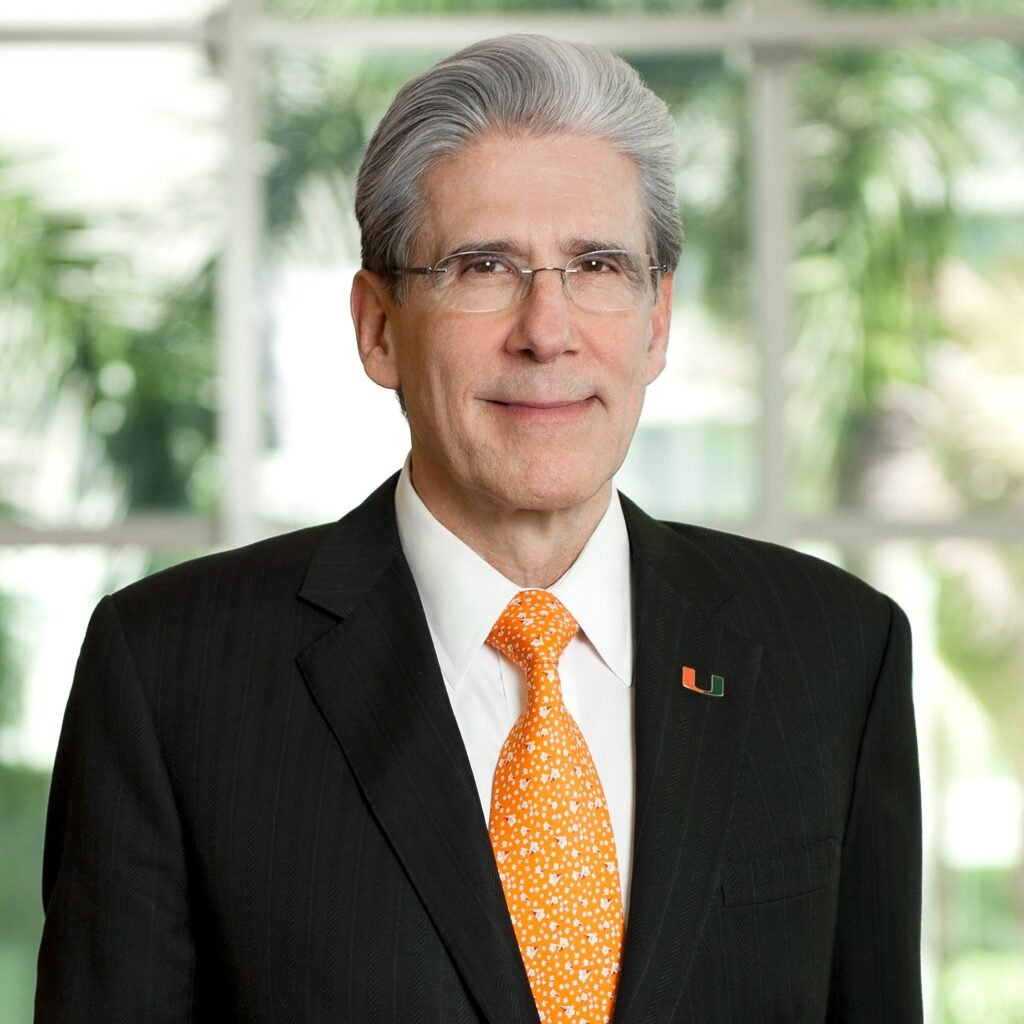Several years ago, I interviewed Dr. Julio Frenk – then the President of the University of Miami and now the Chancellor of UCLA – in an interview originally published in Thrive Global. Here is an excerpt from our interview:
Adam: How did you get here? What failures, setbacks, or challenges have been most instrumental to your growth?
Julio: My paternal family fled from Germany to Mexico in the 1930s as refugees. The generosity and kindness of strangers in a foreign country made my life, and my family’s life, possible. I was brought up with a strong sense to give back and studying medicine, public health, and education has given me the opportunity to try and leave this world better than I found it. I believe that access to healthcare and education are some of the greatest vehicles we have to enhance opportunities for all people, which is why I chose to focus my career on making both more accessible.
I have been very fortunate throughout my life. These privileges allowed me to focus on political activism and service, especially during the formative adolescent years. However, throughout my professional life, I have experienced setbacks. A particular case, in which I had to deal with a very hostile superior, taught me several valuable lessons. Instead of becoming angry or bitter, I focused on being empathetic towards him to try to understand his hostility. Whenever I experience a setback or challenge, I think of my grandmother. She lived to be 106 and many people asked her about the secret to her longevity. Her reply was always the same: she lived according to a Buddhist maxim paraphrased as “If I fall seven times, I get up eight.” We all will experience adversity. The key is to get up and make sure you carry the lessons you have learned with you.
Adam: In your experience, what are the defining qualities of an effective leader? How can leaders and aspiring leaders take their leadership skills to the next level?
Julio: The defining quality of a leader is their sense of legacy and their ability to build that legacy and execute it collaboratively. I believe that leadership skills are not innate, but can be taught. This belief has inspired my work in higher education and is a driving force at the University of Miami as we train the next generation of leaders.
Adam: What are your three best tips applicable to entrepreneurs, executives, and civic leaders?
Julio: 1. Understand your legacy. Think carefully about why and how you would like to be remembered. What mark do you want to leave in the world and in every aspect of your life?
2. Legacy is an end. What means will you use to reach that end? Think about whether you’re comfortable with those means and if they coincide with your values and code of ethics.
3. An effective leader in any industry must be able to communicate his or her thoughts and ideas. After this period of introspection, learn to articulate and communicate your legacy and values.
Adam: What is the single best piece of advice you have ever received?
Julio: I have been blessed with many great mentors. One memorable piece of advice that I have carried with me throughout my career deals with weighing opportunities. Always judge a current job opportunity in terms of your hopes and goals for the opportunity that will follow it. If the current job leads you closer to your long-term career goal, take it. If it takes you further from it, move on. I’ve applied this advice many times and turned down job opportunities that were otherwise very attractive because they ultimately took me away from my long-term goal.
Adam: What are your hobbies and how have they shaped you?
Julio: My main hobby is listening to opera. Opera is a perfect art form: it combines music, which is an abstract and sensorial experience, with literature and the performing arts. The greatest operas have life lessons that you carry far beyond the concert hall.
Adam: What can anyone do to pay it forward?
Julio: A way to pay it forward is to support the issues you believe in with your time and treasure. Another way to pay it forward is through mentorship, especially if you have benefited from mentors. Mentoring a young person can change their life and it is a wonderful and gratifying experience for the mentor and the mentee.









